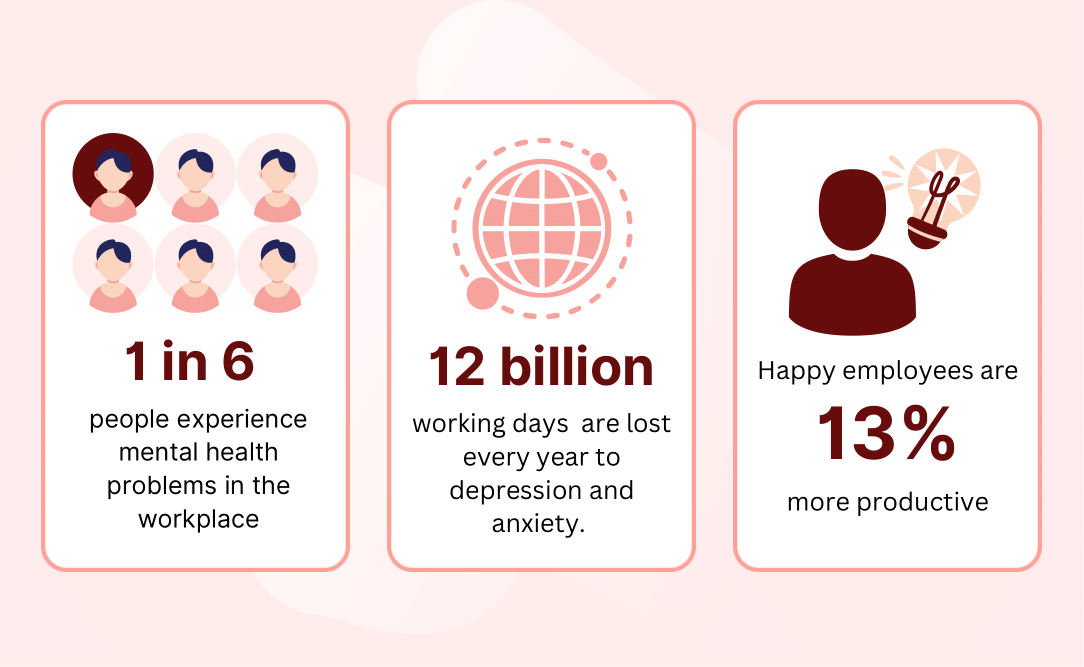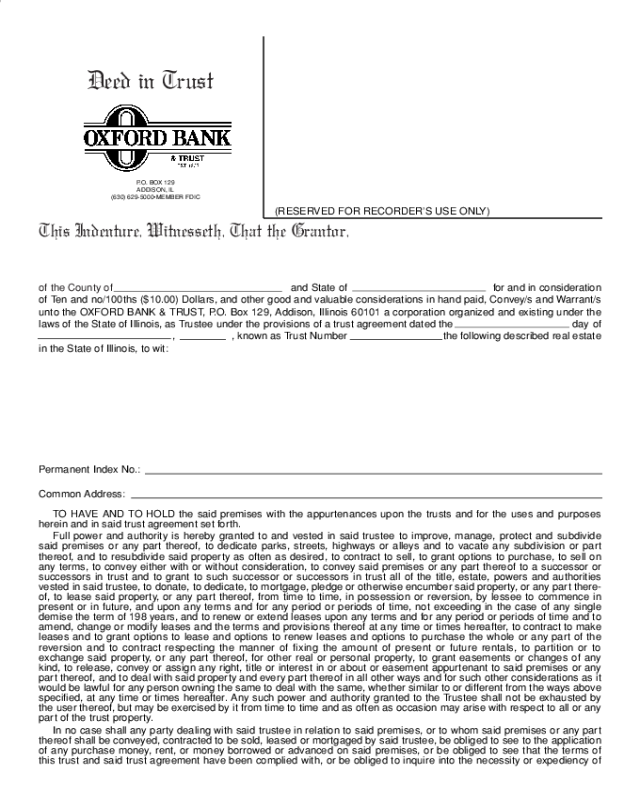Mental Health Policies: Investing In Employee Wellbeing And Productivity

Table of Contents
The Business Case for Robust Mental Health Policies
Forward-thinking organizations are recognizing the strong correlation between employee mental health and the bottom line. Investing in mental health initiatives translates directly into tangible benefits for the company.
Increased Productivity and Reduced Absenteeism
Proactive mental health support significantly reduces workplace absenteeism and presenteeism (being at work but unproductive due to mental health issues). Employees who feel supported and valued are more engaged, focused, and productive.
- Reduced healthcare costs: Early intervention and support can prevent the escalation of mental health issues, leading to lower healthcare expenses in the long run.
- Increased employee retention: Employees are more likely to stay with organizations that prioritize their wellbeing, reducing costly recruitment and training expenses.
- Improved performance metrics: Studies show a direct link between employee mental health and improved performance indicators, such as sales figures, project completion rates, and customer satisfaction. For example, a study by [cite relevant research] showed a [percentage]% increase in productivity after implementing a comprehensive mental health program.
Enhanced Employee Engagement and Morale
Supportive mental health policies foster a positive and inclusive work environment, directly impacting employee morale and loyalty. Employees who feel understood and valued are more likely to be engaged and committed to their work.
- Employee Assistance Programs (EAPs): Offering confidential counseling and support services demonstrates a genuine commitment to employee wellbeing.
- Mental health awareness training: Educating employees and managers about mental health conditions helps to reduce stigma and encourage open communication.
- Wellness programs: Initiatives such as mindfulness training, yoga classes, or gym memberships can contribute to a healthier and happier workforce. These initiatives contribute to a culture of support and improve job satisfaction.
Improved Company Reputation and Brand Image
A strong commitment to employee mental health significantly enhances a company's reputation as an employer of choice. This attracts and retains top talent in a competitive job market.
- Public statements and commitments: Openly communicating your commitment to mental health through public statements and social media demonstrates your values.
- Awards and recognition: Seeking out and achieving recognition for your mental health initiatives further strengthens your brand image.
- Social responsibility initiatives: Partnering with mental health charities or organizations showcases your dedication to the cause. This strengthens your employer brand and makes you attractive to prospective employees who value ethical and socially responsible companies.
Key Components of Effective Mental Health Policies
Creating truly effective mental health policies requires a multi-faceted approach. Here are some crucial components:
Accessible Employee Assistance Programs (EAPs)
Providing confidential and easily accessible EAPs is paramount. These programs offer a vital support network for employees facing mental health challenges.
- Counseling and therapy: Access to professional counseling and therapy services is essential for addressing various mental health concerns.
- Stress management resources: Offering workshops, online resources, and stress reduction techniques empowers employees to manage stress effectively.
- Referral services: Providing referrals to specialists and other relevant healthcare professionals ensures comprehensive support. Clear communication about EAP availability is critical for maximizing its impact.
Mental Health Training for Managers and Employees
Training is crucial for creating a supportive and understanding work environment. Managers need to be equipped to recognize signs of mental health struggles and offer appropriate support.
- Mental health awareness: Training should educate employees and managers about common mental health conditions, their symptoms, and effective coping mechanisms.
- Stigma reduction: Training should address the stigma surrounding mental health, promoting open communication and a culture of support.
- Effective communication techniques: Managers need training in communicating with empathy and sensitivity to employees experiencing mental health challenges. This empowers managers to provide effective support while maintaining professional boundaries.
Flexible Work Arrangements and Supportive Work Environment
Offering flexibility can significantly improve employee wellbeing and reduce stress levels. This demonstrates a genuine commitment to employees' needs.
- Remote work options: Allowing employees to work remotely, even part-time, can greatly reduce commuting stress and improve work-life balance.
- Flexible hours: Offering flexibility in work hours can better accommodate individual needs and responsibilities.
- Compressed workweeks: Allowing employees to work longer hours fewer days per week can provide more time for personal commitments. Creating a culture of understanding and support is equally important as providing concrete flexibility options.
Regular Mental Health Check-ins and Assessments
Regular check-ins and assessments provide valuable insights into employee wellbeing and identify potential issues early on.
- Anonymous surveys: Regular, anonymous surveys allow employees to share their experiences and concerns without fear of judgment.
- Focus groups: Focus groups offer a platform for open discussion and feedback, allowing employees to voice their opinions and suggestions.
- One-on-one meetings: Regular check-ins between managers and employees offer opportunities to discuss wellbeing and address any concerns proactively. Analyzing feedback from these assessments allows for continual improvement of mental health policies and support initiatives.
Conclusion
Implementing comprehensive mental health policies offers a multitude of benefits: increased productivity, improved employee wellbeing, and an enhanced company reputation. Investing in your employees' mental health is an investment in your company's future. Start building robust mental health policies today and experience the transformative impact on your workforce's wellbeing and productivity. For more information on creating effective mental health policies, explore resources from [link to relevant resources, e.g., the Mental Health Foundation].

Featured Posts
-
 Lee Anderson Celebrates Reform Partys Growth After Councillor Switch
May 03, 2025
Lee Anderson Celebrates Reform Partys Growth After Councillor Switch
May 03, 2025 -
 School Desegregation Order Ended A Turning Point
May 03, 2025
School Desegregation Order Ended A Turning Point
May 03, 2025 -
 Is A Boris Johnson Comeback On The Cards For The Conservatives
May 03, 2025
Is A Boris Johnson Comeback On The Cards For The Conservatives
May 03, 2025 -
 Discover This Country Culture History And Travel
May 03, 2025
Discover This Country Culture History And Travel
May 03, 2025 -
 Public Trust In South Carolina Elections A Recent Survey Reveals 93 Approval
May 03, 2025
Public Trust In South Carolina Elections A Recent Survey Reveals 93 Approval
May 03, 2025
